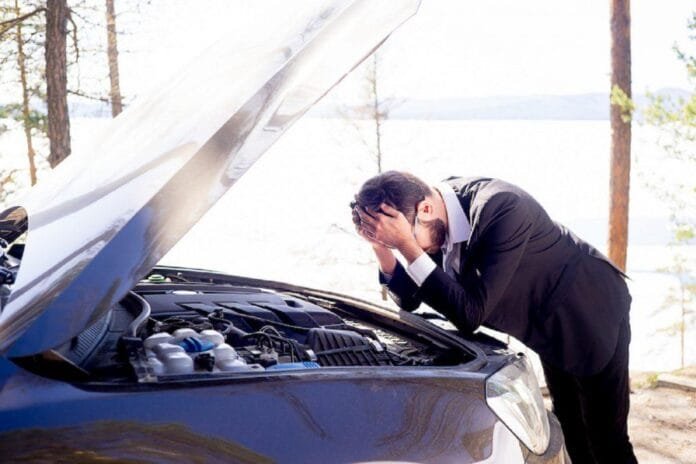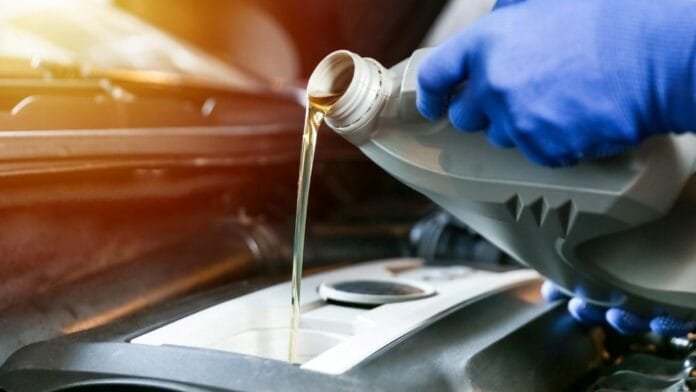Introduction to the Gas-Freezing Myth
As winter approaches, many drivers are haunted by the concern of whether their gas will freeze in the car, particularly with a low fuel tank. While extreme temperatures undoubtedly affect automobile performance, it’s essential to explore whether gasoline can truly freeze when temperatures plummet.

What Does Science Say About Gasoline Freezing?
Firstly, let’s clarify that gasoline has a considerably low freezing point of about -100 degrees Fahrenheit. Under typical scenarios, gasoline is unlikely to freeze, even if your tank is less than half full. Unlike diesel fuel, which can gel at temperatures above freezing, gasoline remains in a liquid state, making the notion of frozen gasoline mostly a myth.
Potential Problems with Low Fuel Levels
While the fear of gasoline freezing is largely unfounded, operating a vehicle on a near-empty tank can lead to significant complications. Cold weather may create condensation inside the gas tank, leading to moisture that can freeze and block fuel lines at higher temperatures than gasoline itself. Moreover, a low fuel level might expedite engine wear and tear, increasing expenses related to repairs and maintenance.
For those in frigid climates, a prudent recommendation is to maintain at least a half-full tank. This practice minimizes air within the tank, thus reducing condensation issues and keeping a steady supply of fuel available for your vehicle, thereby enhancing engine longevity.



